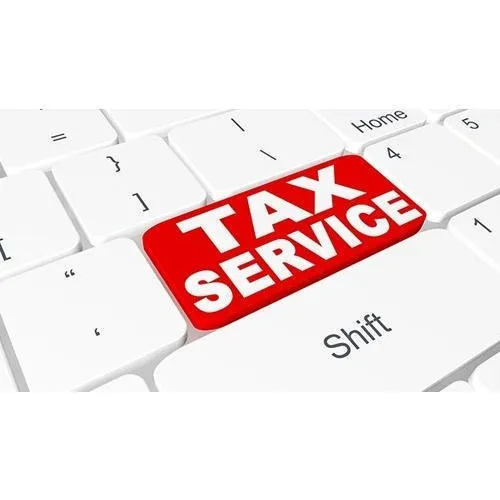If you live and work in Uganda, you’ve probably heard the reminder bells—it’s time to pay your Local Service Tax (LST)!
The LST is an annual tax levied by local governments on all individuals in gainful employment, businesses, and practicing professionals. The goal? To fund vital services in your local community, from garbage collection to street lighting and community infrastructure.
Who Should Pay?
1. Employees (deducted and remitted by employers)
2. Self-employed professionals (e.g., lawyers, doctors, engineers)
3. Business owners
4. Traders in markets and shops
Key Things to Note:
-
Deadline: The LST payment period typically runs from July to September, so now is the time to act.
-
Mode of Payment: If you're employed, your employer will deduct it directly. If you're self-employed or running a business, visit your local authority offices or use online payment platforms like URA’s portal.
-
Penalties apply for late payments—don’t wait for the last minute!
Why It Matters:
Paying your LST isn’t just about ticking a legal box. It directly contributes to improving your community’s services and infrastructure. Want cleaner streets and better public amenities? It starts with timely tax compliance.
Managing LST, PAYE, and statutory deductions can be overwhelming—especially with tight deadlines.
That’s where FaidiHR comes in.
We help businesses in Uganda and across East Africa automate payroll, statutory deductions, and compliance—so you never miss a deadline or face penalties.
Let FaidiHR handle your payroll hustle.
Call us today at +254 702 339 699
Email: sales@faidihr.com





